Author Dr Geetanjali Bhide (MSc, PhD) is a Sports Nutritionist and Founder Secretary of Association of Sports, Nutrition and Fitness Sciences from Pune, India. Dr Geetanjali is a Symposium Panelist at the DentalReach Conference & Awards (DRDCA) 22: Sports Dentistry Edition. Brochure & Registration Link: Click here

Excellence in sports depends on the right training, nutrition and recovery. Sports training for long hours, at varied intensity and duration demands food and fluid intake several times in the day. Thus, the food and fluid intake is based on the training. Athletes have to consume pre, during and post training meals, which makes their nutrition and diet unique from other people.
Typical diet of a sportsperson
Nutrition is a major determinant of oral health and may be both protective and damaging.
- Meals of sportspersons are often loaded with carbohydrate sources- oats, dalia, potatoes, sweet potatoes, banana, dates, milk and milk products, fruits, fruit juices.
- Hydration at regular intervals is necessary.
- Nutritional supplements are taken regularly.
- Fluids-diluted fruit juices, sherbets, glucose and sports drinks, and electrolyte solutions are also regularly consumed.
Sport nutrition is critical in supporting training, competition and recovery.Although all these nutrition strategies are important, high intake of dietary sugars, acidic foods/ drinks, and nutritional supplements loaded with sugar can compromise the oral health of athletes.
The risk of dental erosion, caries and inflammatory periodontal conditions is definitely increased in a sportsperson.
Poor oral health in elite athletes
In elite sport, the balance between sports nutrition and good oral health might favour damage to oral health despite the fact that risk mitigation can be successful. Recognition of this imbalance and potential solutions is low: oral health is not a part of most sport and exercise or nutrition curricula or integrated within athlete health strategies. Here are some of the issues causing poor oral health in athletes/sportspersons:
- Frequency and pattern of use of sugar and acidic intakes can cause irreversible damage from caries and erosive tooth wear.
- Sugars may promote a pro-inflammatory response, favouring the development of gum diseases. These conditions have consequences for the athlete including impacts on performance.
- The protection from saliva will be reduced by mouth drying and intermittent reductions in salivary IgA following intensive training.
Other factors that undermine oral health in elite sport include:
- unfavourable oral health behaviours,
- too traditional or ill-informed modern beliefs,
- health literacy and
- barriers to accessing oral healthcare at individual, team and policy level.
Oral health is poor in elite athletes (infographic below) and is consistently associated with performance impacts seen across studies involving more than 800 athletes.
However, research and focus on the athlete’s dental health in relation to food intake in Indian athletes is largely scarce.

Poor oral health can lead to:
- dental emergencies
- need for medications
- inability to focus while on the field for training or competition.
This situation exists despite poor oral health being preventable with well evidenced effective, low-cost strategies. Since solutions are readily available why does this situation persist and what can be done to benefit athlete performance and health?
Here are some ways to protect oral health of athletes that focus on the nutritional aspects —
7 Ways and means to protect oral health of athletes
Simple strategies can help athletes and sportspersons achieve an optimal balance between good oral health and good sports nutrition:
- Nutrition education to athletes- to make appropriate food choices
- Minimal use of supplements- food first approach
- Modify the oral environment by consuming right foods
- Focus on oral hygiene
- Periodic oral health assessment
- Check for any prevalence of disordered eating- as binging and purging can create a detrimental oral environment
- Recommend a two-bottle strategy- supplement followed by plain water
Here is an infographic which will help inform simple strategies to maintain or improve oral health in sport and I urge readers to share it widely amongst athletes, professionals in sport and exercise sciences and nutrition, industry and policy makers.

Considering the importance of oral health, all stakeholders associated with the athlete- coach, trainer, dentist, and nutritionist should work together to implement change.
References
- Tripodi D, Cosi A, Fulco D, D'Ercole S. The Impact of Sport Training on Oral Health in Athletes. Dent J (Basel). 2021 May 3;9(5):51. doi: 10.3390/dj9050051. PMID: 34063591; PMCID: PMC8147607.
- Needleman I, Rankin A, Ashley P, et al Infographic. Nutrition and oral health in sport: time for action, British Journal of Sports Medicine 2019;53:1432-1433.

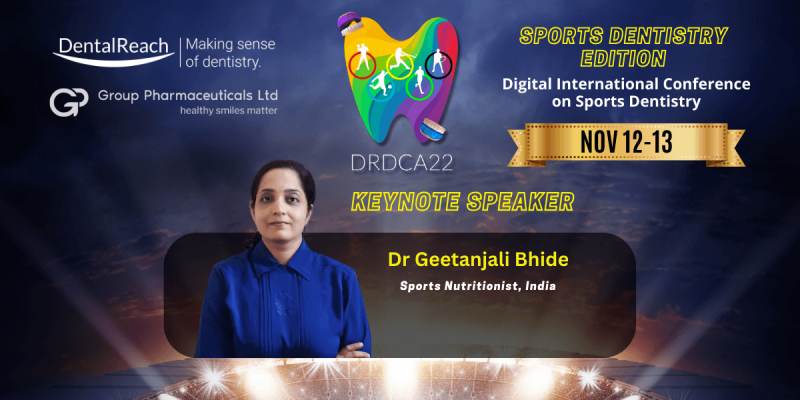



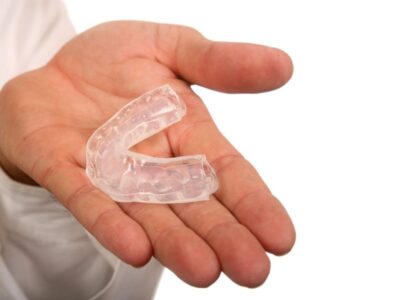
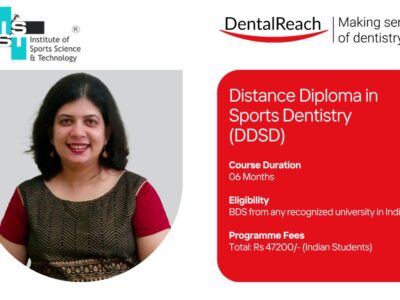
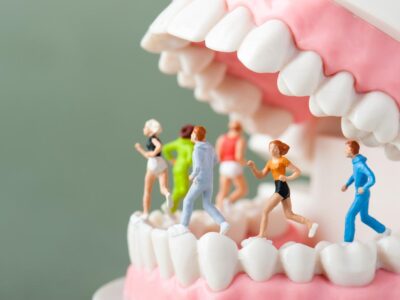

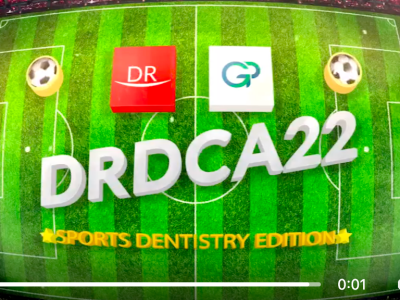
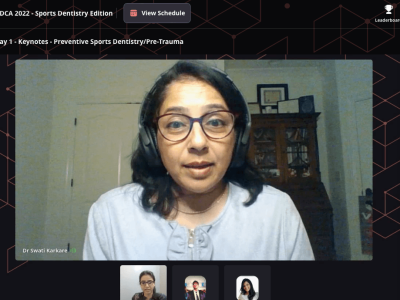








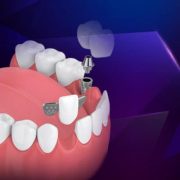
Comments